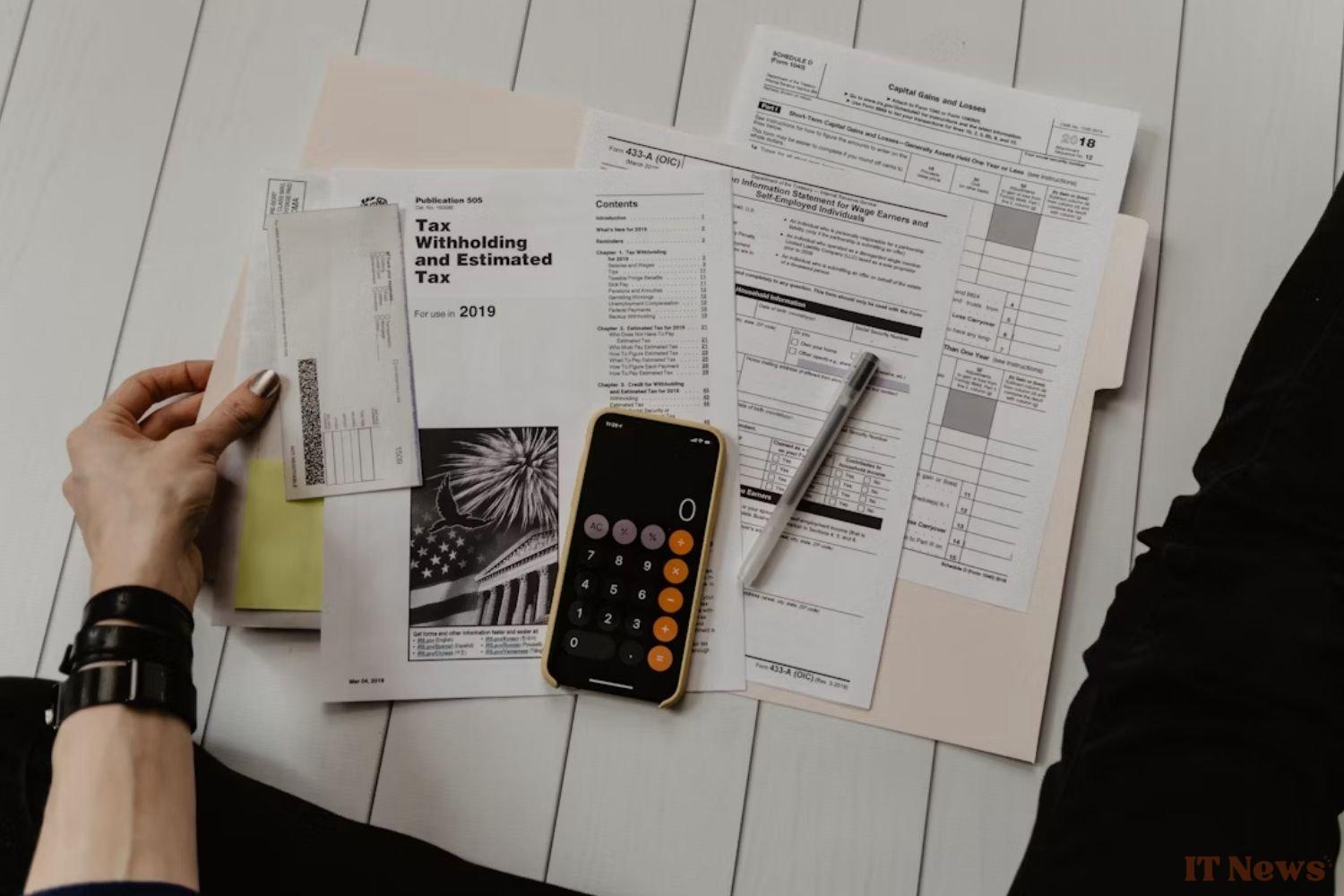Several cybersecurity experts are warning taxpayers. While all French citizens are being asked to file their tax returns, hackers are taking advantage of the situation to deploy a wide range of scams in France. As "every year, this period becomes a boon for cybercriminals," the Gandi platform stated in a press release sent to 01net. The same story from Norton antivirus, which explains that "tax-related scams resurface" every spring.
Interviewed by 01net, Luis Corrons, cybersecurity expert at Norton, emphasizes that "tax time creates a particularly favorable context for scams":
The most common tax scams
Among the most widespread tax return scams, we find first the fake tax refund scam. In this scenario, hackers claim that the tax authorities want to refund you an overpayment. Hackers generally highlight a specific amount, which "reinforces the illusion of an official calculation and the credibility of the scam.".
To receive money, you are invited to click on a fraudulent link... which will take you to a phishing site. Often, scammers have managed to design a website that imitates "perfectly the tax website," explains Norton. Luis Corrons points out that "these scams often refer to real organizations like the DGFiP (Directorate General of Public Finances).".
Norton also mentions the case of malicious SMS messages that put pressure on French people by announcing "a tax audit or a suspicious transaction," particularly related to cryptocurrencies. Hackers are aware that the tax authorities require people who hold cryptocurrencies to declare them. Some fraudulent messages therefore remind these holders to complete their tax return regarding their digital assets. Many malicious text messages openly accuse the taxpayer of fraud by confusing the issue with "legal jargon," says the Norton researcher.
Also beware of scammers who contact you by phone pretending to be a tax official. Norton has identified scams in which a fake tax official invites French people to call a premium-rate number.
When AI helps hackers
This year, several factors are contributing to increasing the threat to taxpayers. Experts first point to the rise of artificial intelligence. By exploiting AI tools, cybercriminals are able to write convincing emails, free of spelling and syntax errors. AI greatly maximizes the likelihood that an Internet user will fall for the trap.
Hackers' "ever more credible and personalized techniques" are now "enhanced by artificial intelligence." For example, hackers are increasingly entrusting their voice calls to AI. Thanks to AI, they can also "produce near-perfect copies of official documents.".
Scams of "another dimension"
Furthermore, the numerous data leaks that have occurred in France in recent months are contributing to increasing the danger of tax scams. By leveraging the myriad of information disseminated on the dark web, cybercriminals can devise particularly convincing scams.
As Luis Corrons explains, "massive leaks of personal data" have given "a whole new dimension" to scams that impersonate "official institutions". Indeed, Internet users are more likely to fall for a scam if fraudulent messages are full of authentic data. As always, the best lies are imbued with truth.
In the case of tax scams, the most notable example is the recent leak of the tax data of two million French people. A hacker has just sold a large repository of compromised financial information on the dark web. In the hands of cybercriminals, this data could lead to the creation of particularly credible tax return scams.
How to spot tax scams?
That's why we recommend you be extra careful this time of year. To avoid falling into a trap, Norton advises watching out for "some common signs" of tax scams, such as "an alarmist tone", a very short deadline "to push you into acting hastily", "legal threats, high fines, or even prison sentences", and "a request for money or sensitive data."
Also, pay attention to the sender's address in the case of an email scam. The tax authorities will never contact you via a Gmail or Outlook address. Communications always come from an address ending with @dgfip.finances.gouv.fr. In the case of a text message scam, do not trust numbers from abroad.
Above all, be wary of links in a text message or email. These links, which claim to relay to the tax website, can redirect you to a phishing platform. Go directly to www.impots.gouv.fr and "log in to your personal space to check if action is actually required", advises Norton.
If you realize the scam after having paid money, it is imperative to contact your bank urgently. They could block the transaction if the transfer has not yet been processed. Gather all evidence and contact the police to file a complaint.



0 Comments